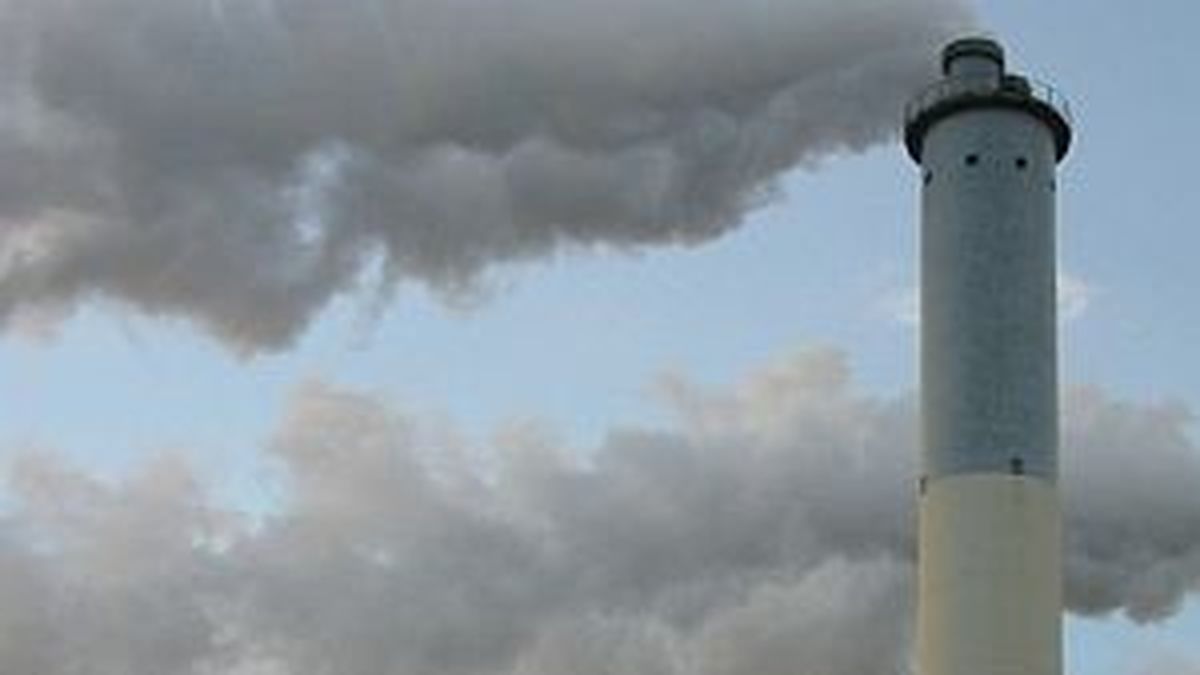To achieve this, the European Commission hopes to be able to expand its current Emissions Trading Scheme (ETS).
Established in 2005, this carbon market currently covers 40% of European emissions: electricity producers and industries that use a lot of energy (such as metallurgy, cement, or chemicals), and that must acquire rights to pollute.
The intention then is to include maritime transport companies in the RDCE, and create an additional system for road transport and heating systems for residential buildings.
Currently, companies can buy and resell these rights in the ETS, where the price per ton of CO2 recently exceeded 60 euros for the first time, doubling in a year.
This is the reason why Hungarian leader Viktor Orban holds the EU in general and this regime in particular responsible for the increase in electricity prices.
“But only a fifth of this increase is attributable to the carbon market, the rest comes from gas shortages “Frans Timmermans, Vice President of the European Commission, told the European Parliament.
According to the EU, the increase in the price of permits through the ETS allowed the 27 countries of the bloc to obtain an additional 11,000 million euros between January and August, which it can use to cushion the impact of the rise in energy on households .
However, the economic situation seems to weaken the project, presented in mid-July.
Suppliers of heating fuels and diesel should buy allowances in a second carbon market from 2025, but at the risk of passing the additional cost on to consumers.
This immediately turned on the warning lights, both in the bloc countries – which must manage the growing dissatisfaction of consumers – and in the European Parliament.
“The creation of a new carbon market raises serious concerns, because it runs the risk of increasing costs for households”, warned the Minister of Ecological Transition of France, Barbara Pompili.
For her part, the Spanish Minister Teresa Riberta warned that “speculation has increased” visibly in the carbon market.
Among other avenues, MEPs are considering extending the ETS only to trucks and commercial real estate.
Timmermans, on the other hand, responds that the spectrum of protests over the rise in energy is “used by those who have specific interests to defend.”
Brussels proposes the creation of a social fund, valued at around € 70 billion over seven years and fed by revenue from the carbon market to limit social impact.
It also wants to subject some imports “steel, aluminum, cement, electricity) to the rules of the European ETS, imposing on them” emission certificates “calculated from the price of CO2 in the EU.
David William is a talented author who has made a name for himself in the world of writing. He is a professional author who writes on a wide range of topics, from general interest to opinion news. David is currently working as a writer at 24 hours worlds where he brings his unique perspective and in-depth research to his articles, making them both informative and engaging.




